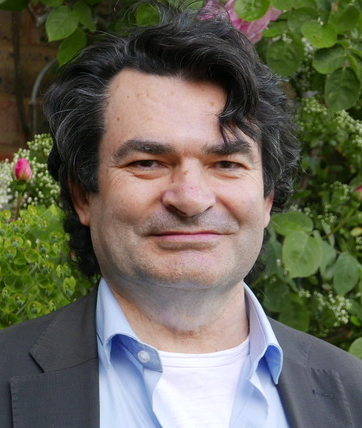To Be Human, September 11, 2022
To Be Human
With Javier Rodrigues
Sunday, September 11, 2022
Zoom Online
This was the third of four sessions comprising the “To Be Human” series of presentations by Javier being transmitted from his place of residence in the Netherlands. There were thirteen of us in attendance for this investigation of Krishnamurti’s attempt to summarise clearly the essence of his teachings in a short booklet entitled The Core of the Teachings. The exploration of this particular segment of the booklet Javier chose to call “Examining the Common Consciousness of Mankind”. He began with what he considered to be the main points of the section, Krishnamurti’s insights regarding how the human mind creates the content of its consciousness through images, which are hoped to provide security but in fact end up creating division between human beings. Security in images is a contradiction. Man is not an individual as the contents of his consciousness are shared with all other men or women. The way thought projects “the known” – knowledge, memory, and experience – was explored in some depth, including the fragmentation of such activity and the limitation of the resulting “me” entity which then feels separate and isolated. The paradoxes of separateness and shared humanity were looked at along with Krishnamurti’s well-known saying that “you are the world and the world is you.” When the truth of this statement is realised then there is an intelligent response to life and compassion arises. True freedom and uniqueness are only possible for the human being who is free of the content of his consciousness. Some time was spent with these and other rather challenging ideas, including the question of an agent or entity behind consciousness and the different quality of wholeness that is felt when we go beyond identification with thought.
After about an hour the group was opened to shared discussion or dialogue. The first question inquired into “What is the meaning of oneness and how is it to be realised?” This was followed by a question about trauma, the genuine need for love, and the art of being with difficult feelings. A number of other complex issues were brought forward including the importance of being vulnerable to our conditioning, our subconscious hurts, and that which is authentic in us. Krishnamurti’s emphasis on dissolving the distinction between the observer and the observed and the impact of such an action was debated for some minutes with some contrary perspectives expressed.
As usual, Javier guided the dialogue skillfully (and sometimes humorously) and it seemed the meeting was enjoyed by the participants.
DB



